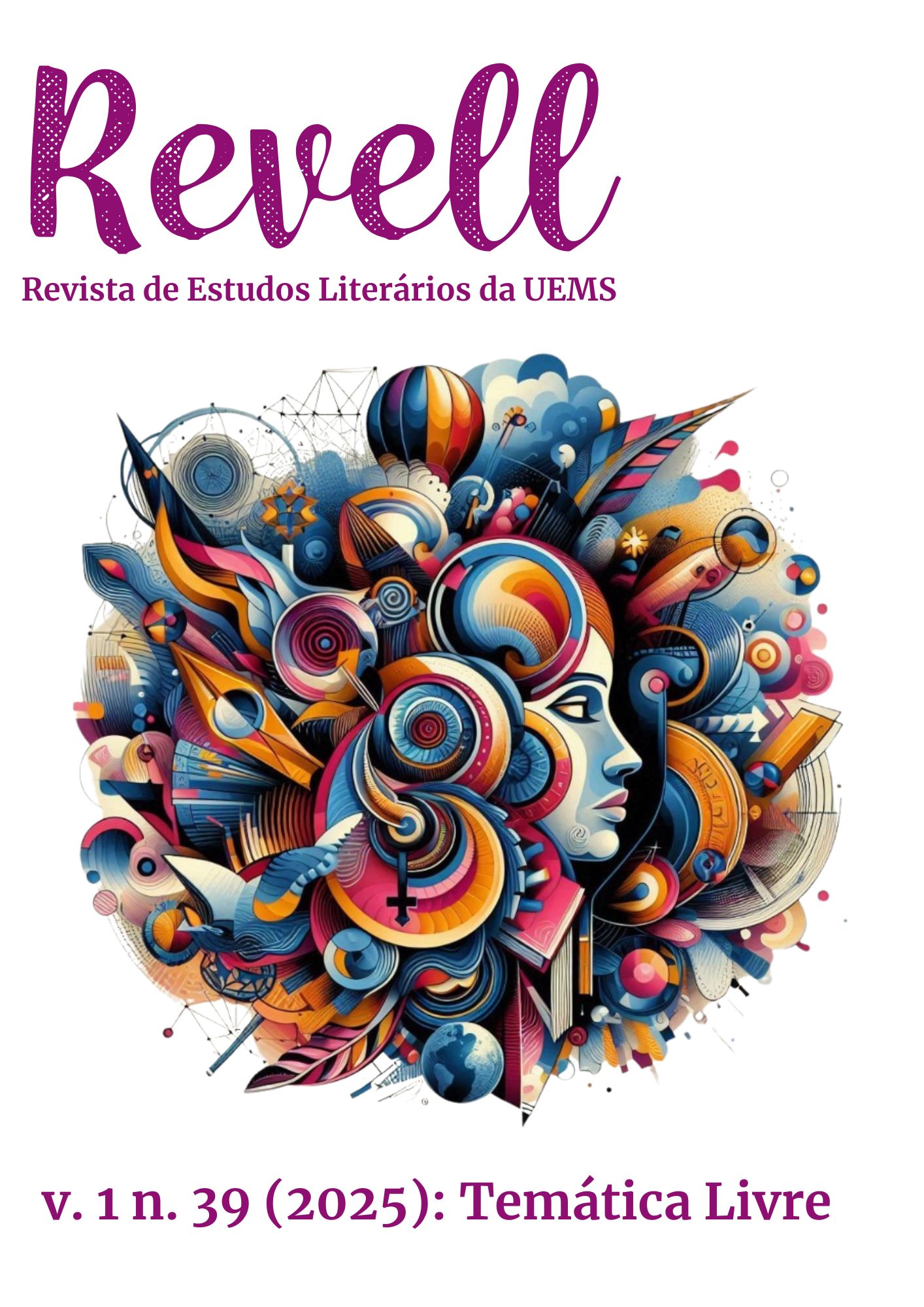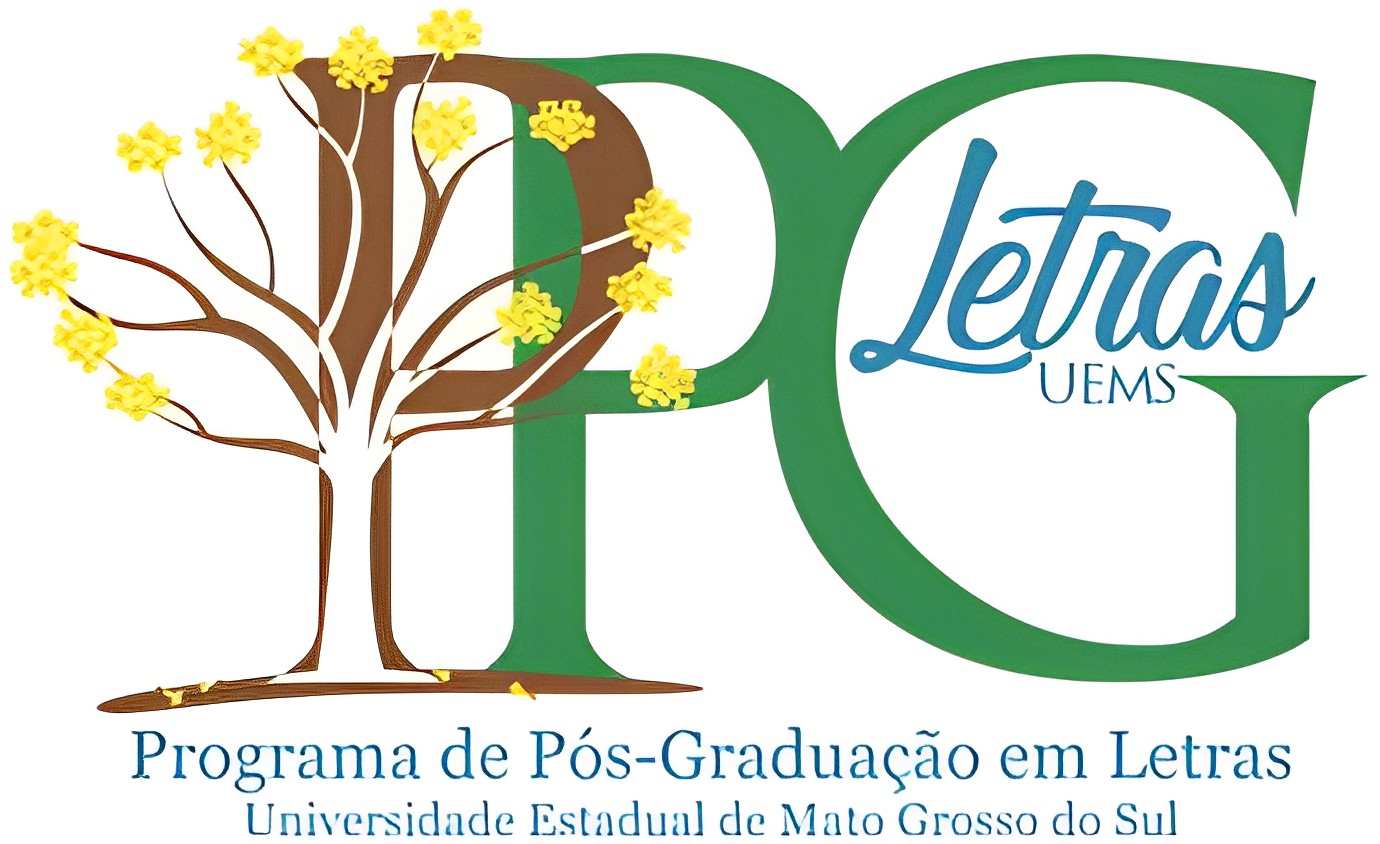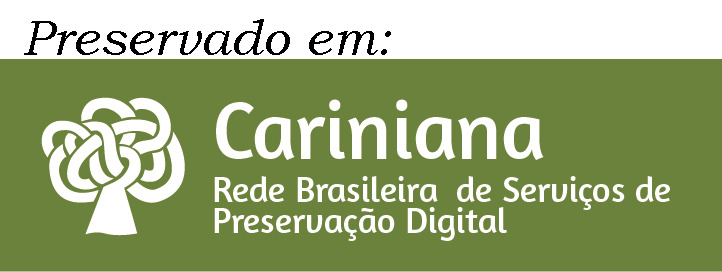Ways of social control and identity opression in animal farm (1945) and 1984 (1949) by George Orwell
DOI:
https://doi.org/10.61389/revell.v1i39.9072Keywords:
Social control, dystopia, George OrwellAbstract
recurring dystopian discourse in George Orwell's works, having as its axis the Language that produces Memory to interpret the Image as an element of maintenance for social control. As a methodology, the Intra-authorial Comparative Literature according to Caravalhal (2006) was used, considering its use for the study of the author's literary aesthetics. The theoretical foundation was based on the studies of Fairclough (2001), who discusses the discourse of the narrative and its importance for social changes; Halbwachs (1990), Ricoeur (2007) and Rossi (2010), authors who base the arguments on the axes of Memory, Identity and Language as instruments for the perpetuation of social control. As a result, we obtained that the author's recurring discourse in both works reveals the importance he gives to political writing, in how its criticism is necessary for him and others to understand the scenario in which they live and to be able to avoid contributing to the implementation of a totalitarian state. As final considerations, we indicate that, for Orwell, positioning himself socially and politically through his literary work represented an ethical commitment, since his social context was full of repression and inequality.
References
BRIZZOTO, Bruno. Controle do passado e manipulação memorial em 1984. Revista Athena, Rio Grande do Sul, vol. 13, nº 2: p. 38-56, outubro, 2017.
CARVALHAL, Tânia Franco. Literatura comparada. 4ª ed. São Paulo: Ática, 2006.
FAIRCLOUGH, Norman. Discurso e mudança social. Brasília: UnB, 2001.
FERNANDES, Renata; CARVALHO, Flaviane. Linguagem e poder na ficção: uma análise crítica do discurso da obra 1984, de George Orwell. Revista Trem de Letras, Alfenas, vol. 8, nº 1, mar, 2021, p. 1-26.
FERREIRA, J. Carlos. George Orwell: anti-imperialista, socialista e patriota (1927-1942). BonD, Lisboa, p. 123-131, 2015.
ORWELL, George. A revolução dos bichos. São Paulo: Pé da Letra, 2020.
ORWELL, George. 1984. São Paulo: Tricaju, 2021.
ORWELL, George: Por que escrevo e outros ensaios. São Paulo: Penguin Classics Companhia das Letras, 2006.
TAVARES, Débora. A escrita política de George Orwell. São Paulo: Pimenta cultural, 2023. DOI: https://doi.org/10.31560/pimentacultural/2023.97174
RICOEUR, Paul. A memória, a história, o esquecimento. Campinas, SP: Editora da Unicamp, 2007.
ROSSI, Paolo. O passado, a memória e o esquecimento: seis ensaios da história das ideias. São Paulo: Unesp, 2010.
Downloads
Published
How to Cite
Issue
Section
License
Copyright (c) 2025 REVELL - UEMS JOURNAL OF LITERARY STUDIES

This work is licensed under a Creative Commons Attribution 4.0 International License.
DECLARAÇÃO DE ORIGINALIDADE E EXCLUSIVIDADE E CESSÃO DE DIREITOS AUTORAIS
Declaro que o presente artigo é original e não foi submetido à publicação em qualquer outro periódico nacional ou internacional, quer seja em parte ou na íntegra. Declaro, ainda, que após publicado pela REVELL, ele jamais será submetido a outro periódico. Também tenho ciência que a submissão dos originais à REVELL - Revista de Estudos Literários da UEMS implica transferência dos direitos autorais da publicação digital. A não observância desse compromisso submeterá o infrator a sanções e penas previstas na Lei de Proteção de Direitos Autorais (nº 9610, de 19/02/98).




















